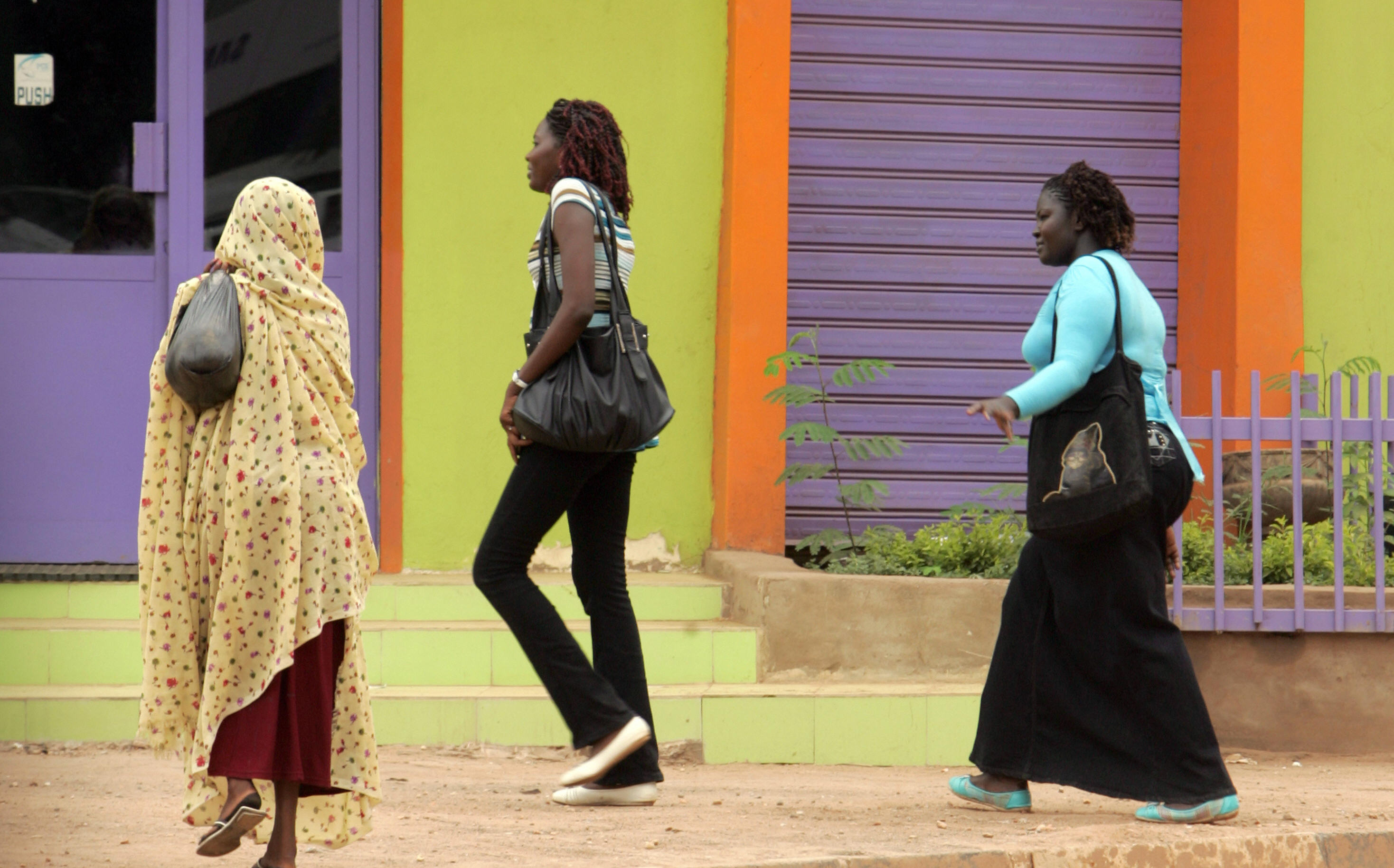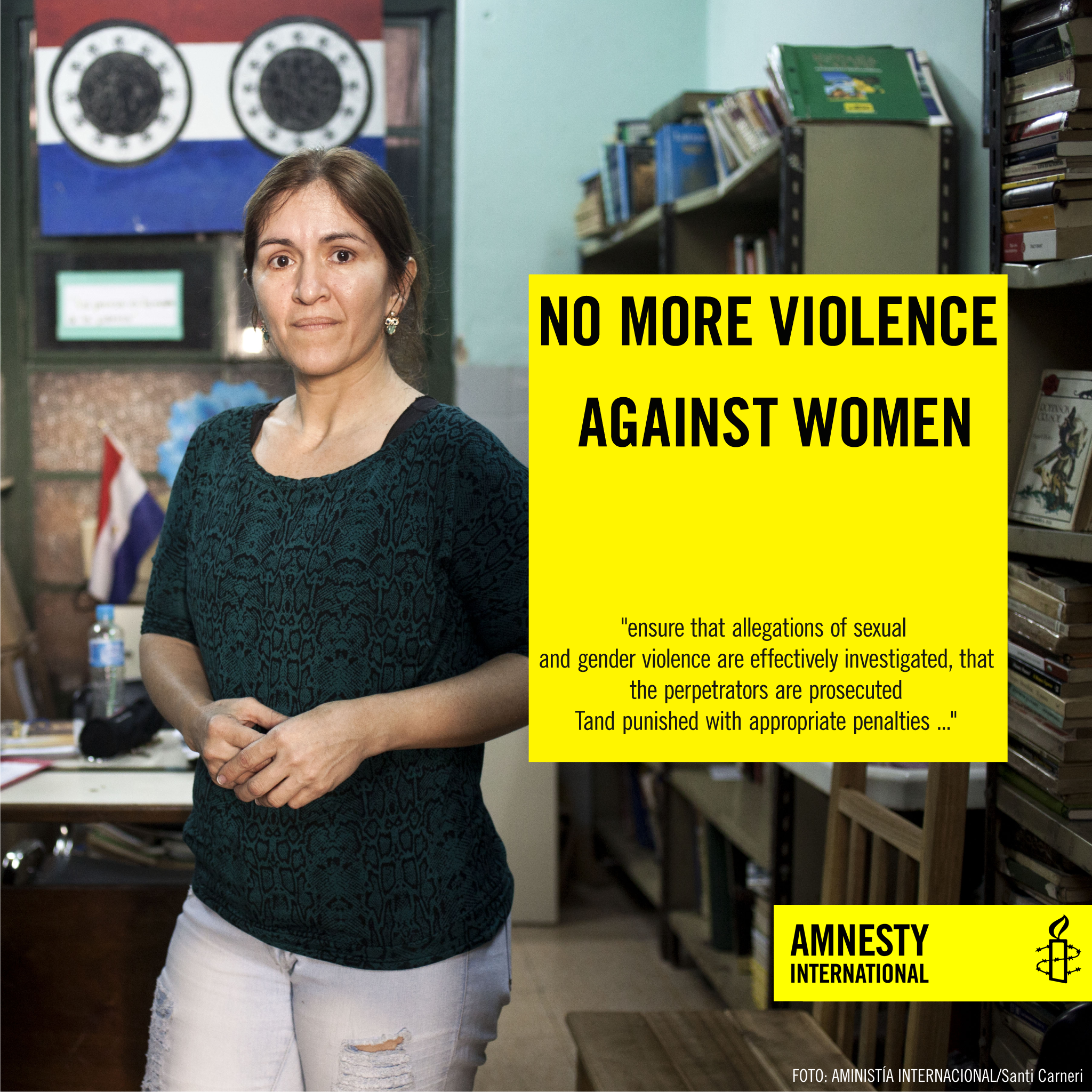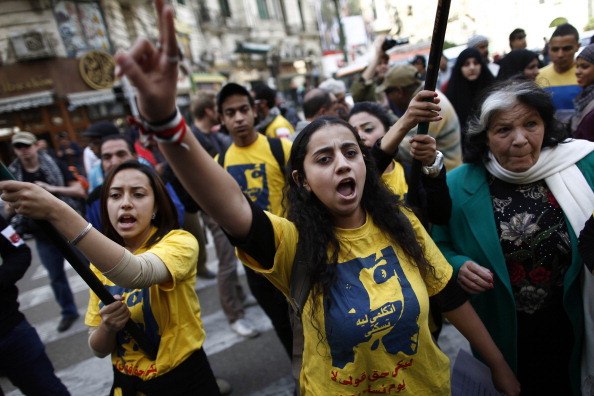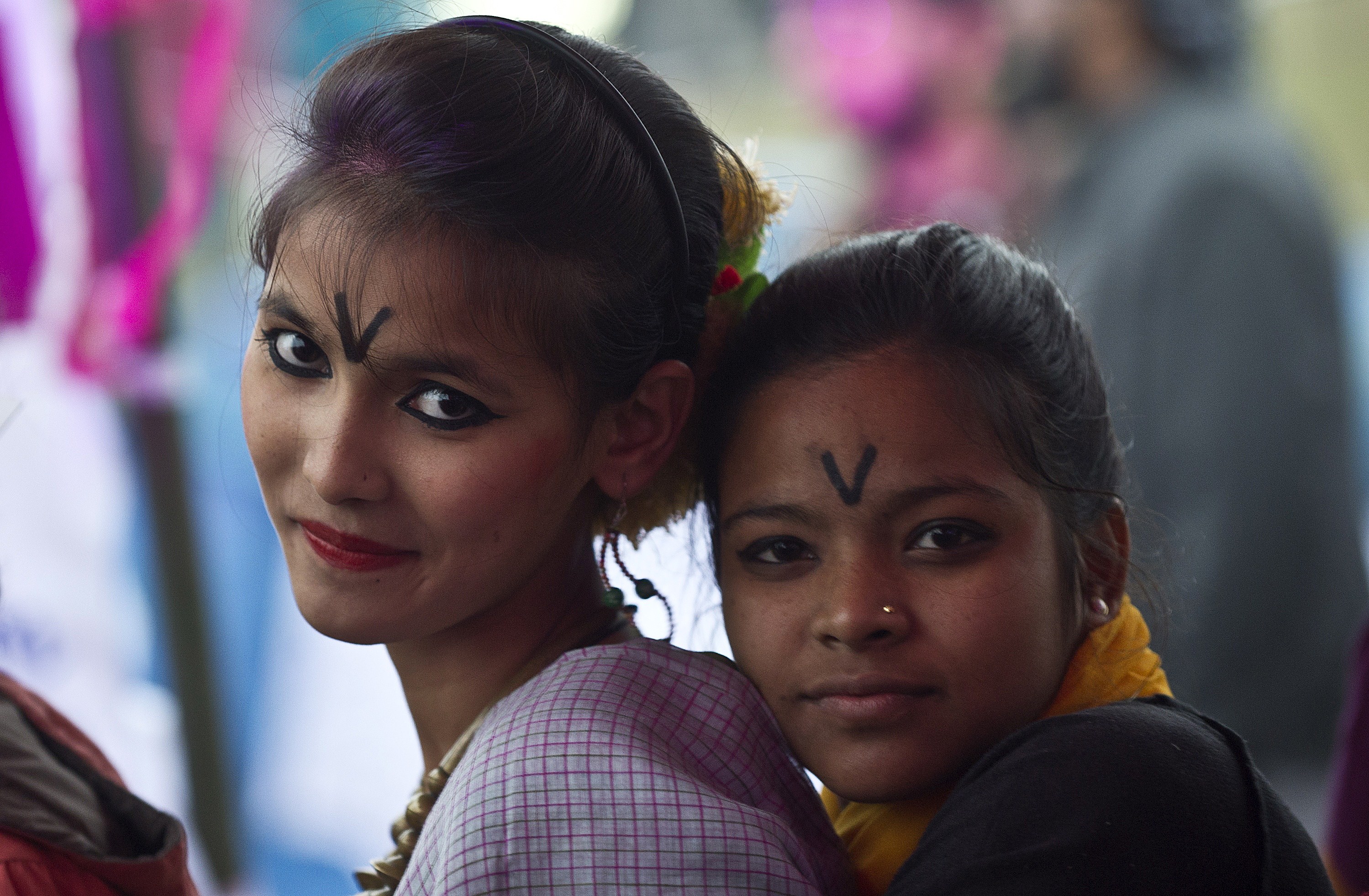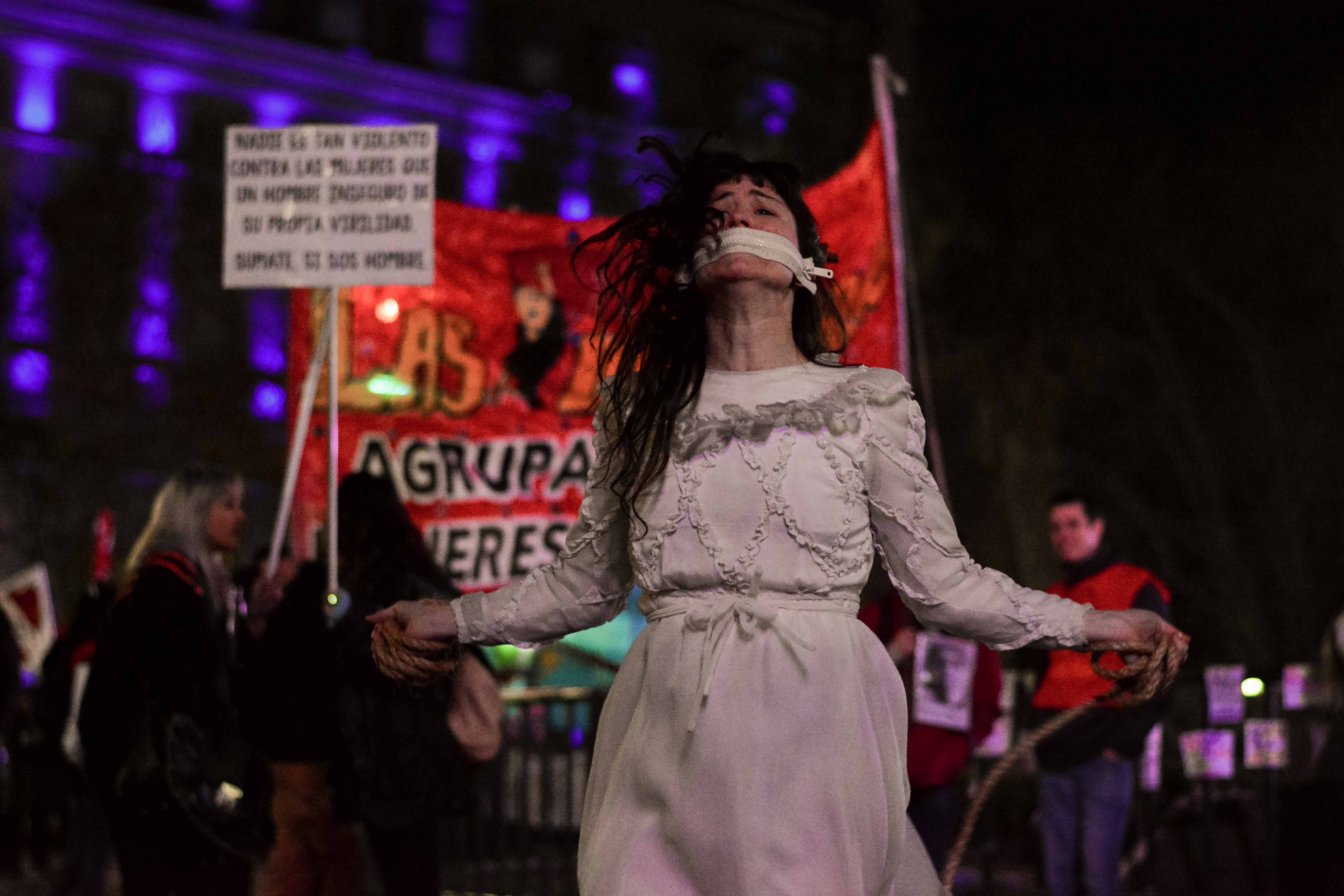
Credit: Trak Producciones
by Magdalena Medley, Thematic Specialist – Women’s Human Rights Co-Group at Amnesty International USA
On June 3, 2016, Argentinians took to the streets for a second time to tell their government “ni una menos” – meaning “not even one less (woman)” – demanding an end to femicide and increasing levels of violence against women in the country.
In 2015, when the first Ni Una Menos demonstration took place in my homeland of Argentina, I covered it from New York City. I wanted to be a part of this important time in my country’s history, even if only from overseas. SEE THE REST OF THIS POST
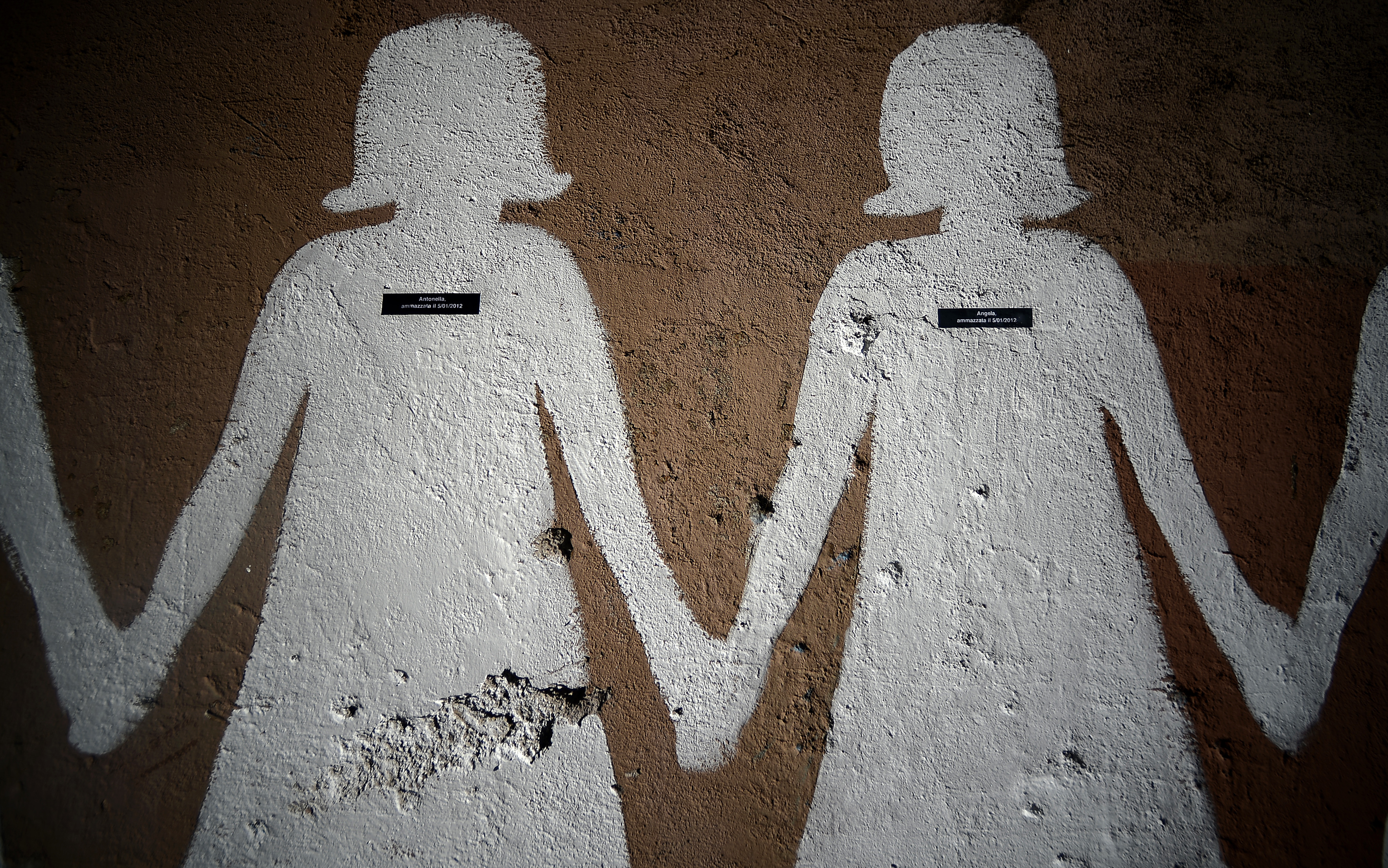
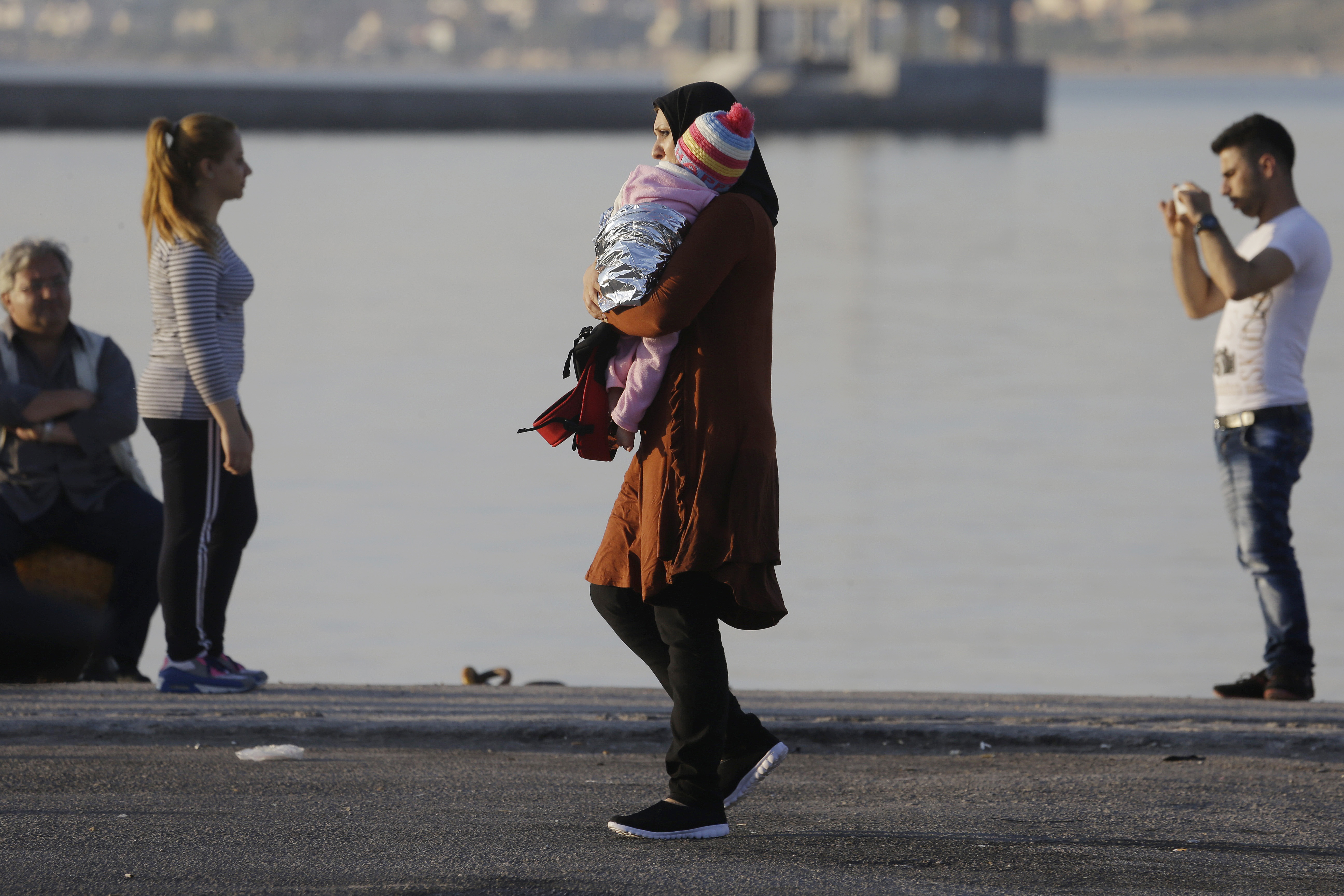
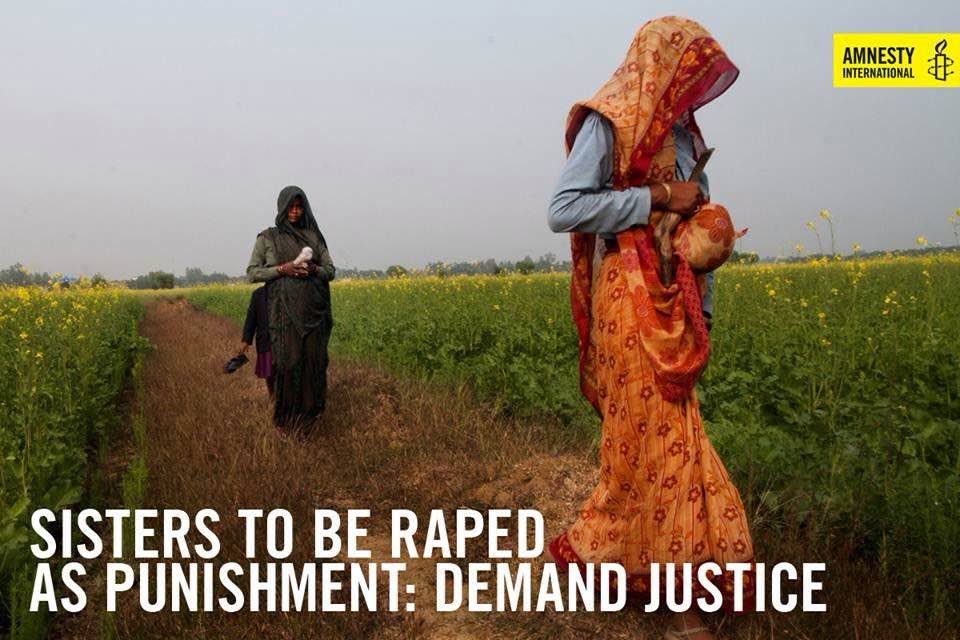
 By Magdalena Medley, Development & Policy, International Coordination and Member Advocacy Assistant and Debbie Sharnak, Argentina Country Specialist
By Magdalena Medley, Development & Policy, International Coordination and Member Advocacy Assistant and Debbie Sharnak, Argentina Country Specialist